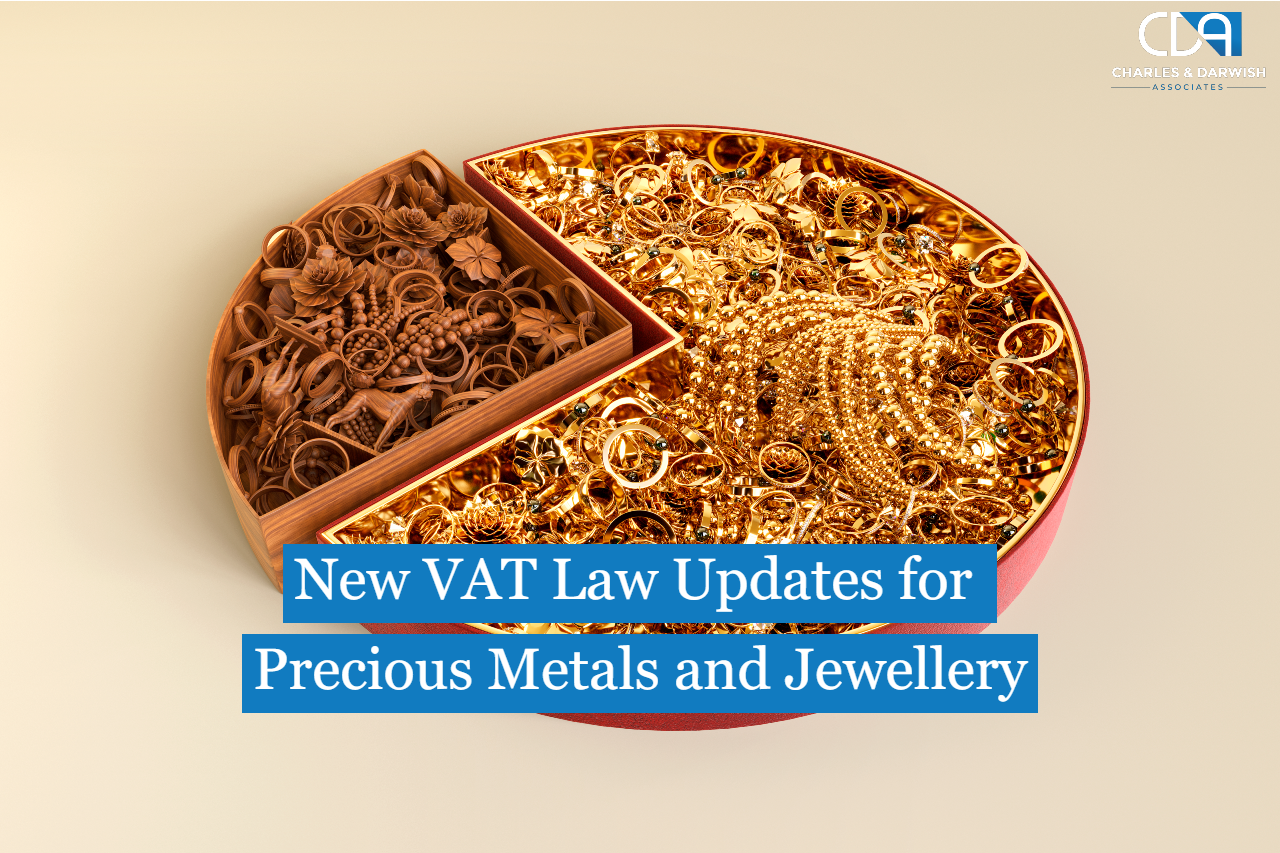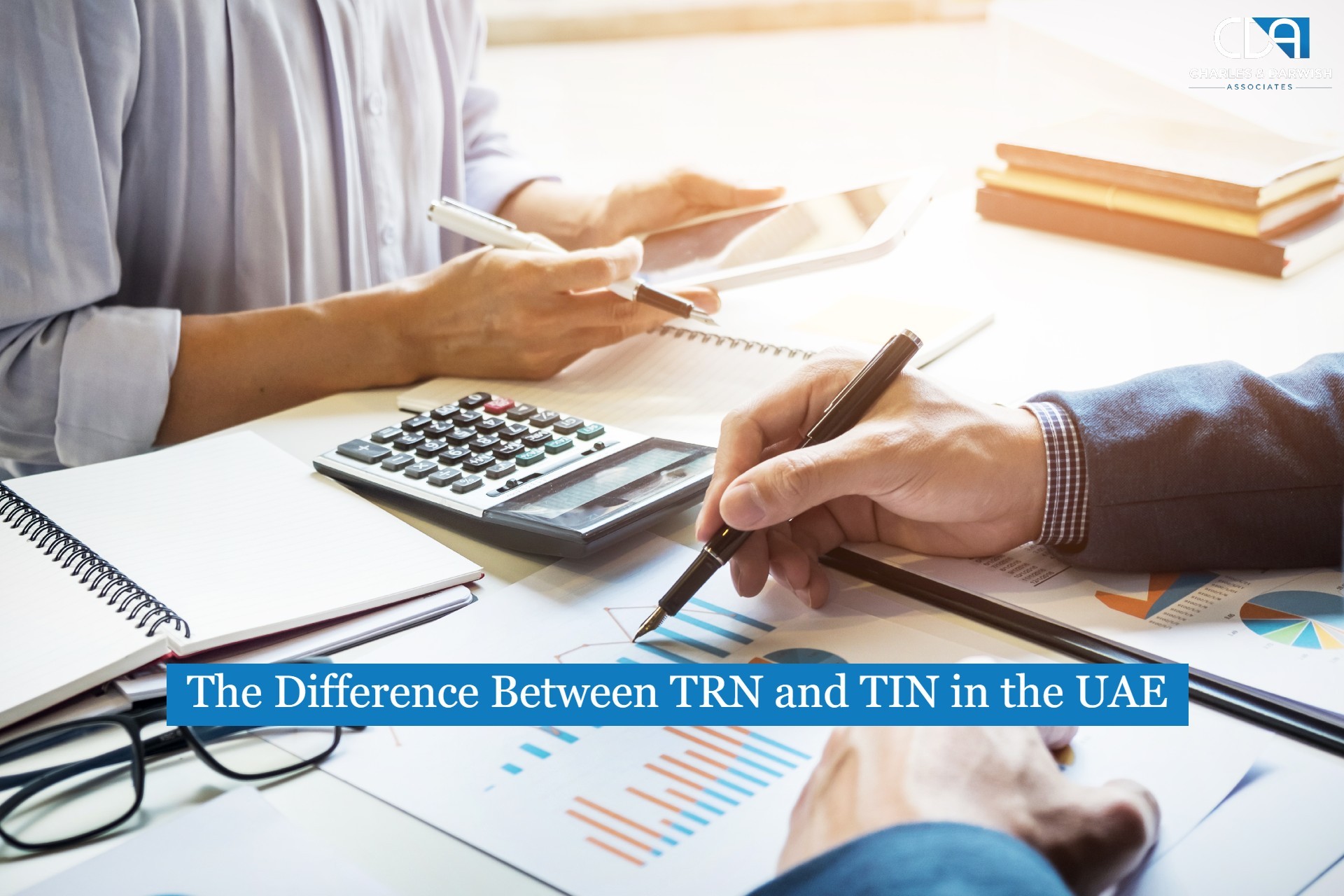All About New VAT Law Updates for Precious Metals and Jewellery
The UAE has been making many changes and amendments in its tax regulations with the motive of making UAE the best place for business around the globe. Once such major amendment regarding the VAT laws relating to the precious metals, stones and jewellery has been made.
The government of the UAE has lately reshuffled its regulations on value-added tax (VAT) that directly impact the precious metals and jewellery industry, as per Cabinet Decision No. 127 of 2024. Thus, any meddling with taxation here creates waves far and wide, not just in the UAE but in the world's jewellery market too. Read on to find more about it.
What's New in the New VAT Law for Precious Metals and Jewellery?
The new law has been implemented with the objective of simplifying the compliance framework for the VAT registrants and the business entities. The new VAT law would enhance the cash flow and the competition in this sector.
Prior to the new law, the reverse charge mechanism was only applicable for the gold and diamond supplies that would take place among the businesses registered under the VAT. The new law has a broader purview, which is not just confined to gold and diamonds.
It's Not Just Gold Anymore. The new law now encompasses:
- Metals that are categorised as precious metals: This includes Gold, Silver, Palladium and Platinum metals
- Precious Stones: Artificial and natural—such as diamonds, rubies, emeralds, pearls, and sapphires
- Jewellery: Technically anything that's partly or entirely made up of these products.
This new version officially replaces Cabinet Decision No. 25 of 2018, which dealt with just gold and diamonds. Now rules extend to a much wider range of luxury goods, so even more companies are caught.
As per the new law, the transactions related to the above-stated metals and precious stones would be covered under the reverse charge mechanism. As per the rule, the suppliers registered under the VAT need not collect the VAT from the customers who are also registered under the VAT, and hence the buyer will be considered responsible for the reporting and payment of the VAT.
What Exactly is the Reverse Charge Mechanism (RCM)?
Don't let the technical terms scare you. In a regular transaction, the seller charges VAT and sends it to the government. But with RCM, it is the purchaser who ensures to perform that responsibility—declaring and remitting the VAT themselves. This approach helps to avoid tax evasion, reduces red tape for sellers, and streamlines high-value transactions.
You can also read: Application of the Reverse Charge Mechanism on Electronic Devices among Registrants for VAT Purposes
Preparatory Measures for Businesses
You can take note of the following measures for compliance with the new VAT law:
- Check Your Agreements: Confirm your agreements; make your agreements specify who bears the VAT.
- Train Your Staff: From bookkeeping to sales, your staff need to be educated on the changes.
- Improve Your Systems: Your VAT and invoicing software should be able to adjust RCM.
- Consult Tax Experts: Consult with finance and audit firms, like CDA, or contact the Federal Tax Authority (FTA) for official guidance.
Why the New UAE VAT Law for Precious Metals and Jewellery?
Tax rule amendments may appear intimidating on the surface. But this update is just one aspect of the UAE's overall vision to be a global business centre.
Through the simplification of these administrative weights, by increasing openness, and by shortening the cash cycle for companies, the UAE aims to become even more attractive for foreign investors and traders.
These reforms are likely to simplify operations, draw foreign capital, and lead to long-term expansion in the luxury goods sector.
Conclusion
For businesses in the precious metals and jewellery space, the expanded VAT Reverse Charge Mechanism offers an opportunity to improve financial efficiency and simplify operations, but only if you’re prepared.
Grasp this as a chance to review your systems, get your teams briefed, and come into compliance with the new rules ahead of time.
CDA: Your Tax Expert in UAE
The UAE has been bringing in new tax laws lately, which the businesses might find complicated to understand and stay compliant with. Staying ahead of competitors is crucial in a competitive market like the UAE, and maintaining compliance with the laws is equally important. In such circumstances, experts like CDA are at your side to provide guidance regarding the new tax laws and related updates and to ensure compliance with such laws. Our team of professionals will enable you to avoid any penalties and to file the returns on time.
To know more about the premium tax services, connect with CDA today!

Mitesh Maithia
Tax Manager
Mitesh is a Tax Professional with expertise in direct, indirect, and international taxation, including transfer pricing, since 2018. Passionate about making complex tax matters simple, he shares insights to help businesses stay compliant and forward-looking.













